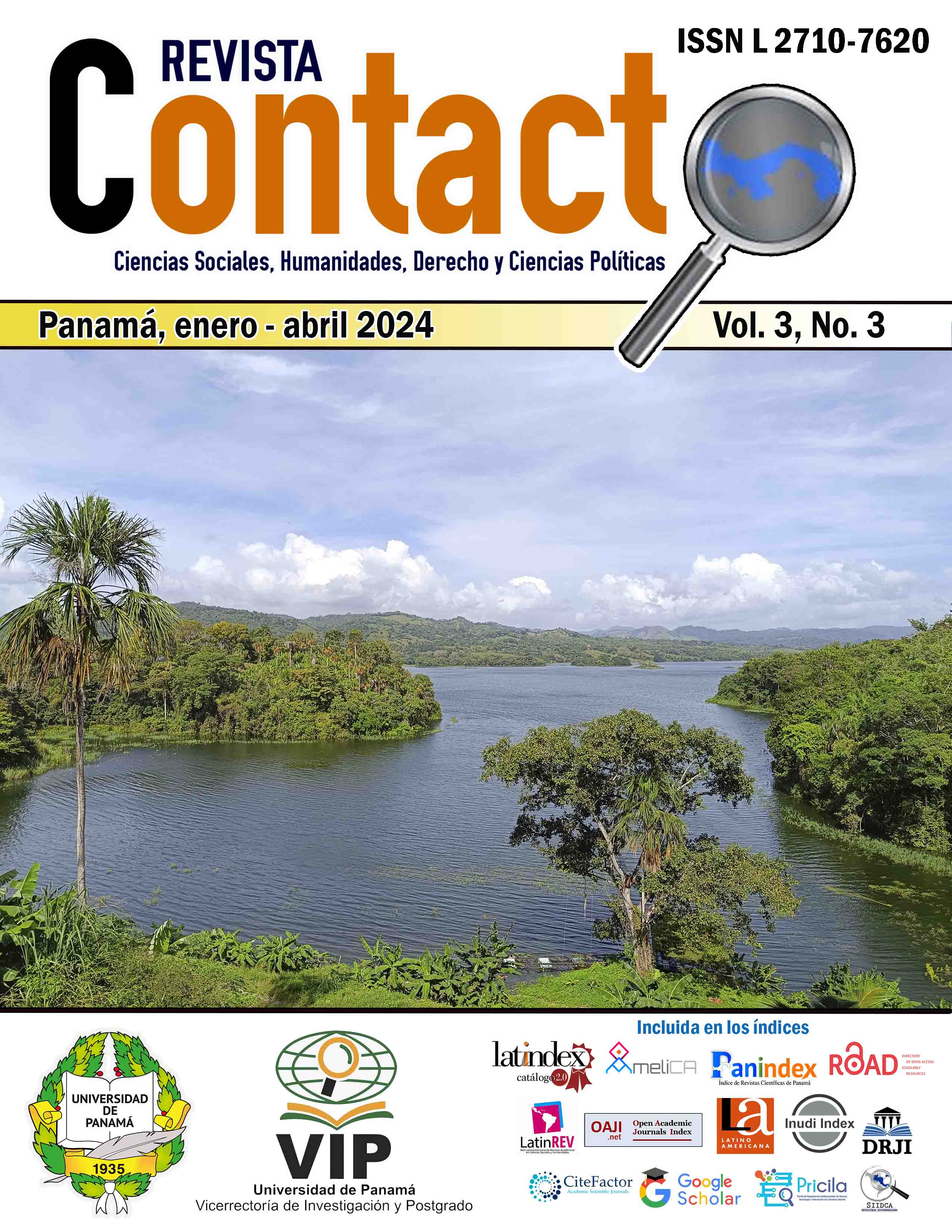

Copyright (c) 2024 Revista Contacto

This work is licensed under a Creative Commons Attribution-NonCommercial-ShareAlike 4.0 International License.
The article offers a critical reflection on social policy in Mexico in the neoliberal period, and some of the challenges it poses for the promotion of gender equality. The text analyzes the participation of women in the neoliberal social policy in Mexico, and how it reproduces and reinforces gender inequalities from the conditional cash transfer programs that serve families in poverty. It starts from the idea that social policy is not neutral, but expresses the power relations between the State and society. The text focuses on how the Oportunidades Program assigns women the role of caregivers and beneficiaries of the monetary support conditioned to education, health and nutrition of their families, it criticizes that the program does not recognize or redistribute the care work, nor promotes the organization and cooperation of women. It raises the criticism that this program does not promote gender equality, but individualizes the problems of poverty, imposes labor guidelines on women, and limits their possibilities of organization and cooperation. It proposes to design a social intervention, The analysis proposes to design a social intervention, from the scientific social work, that recognizes and redistributes the care work, and that integrates in the design and analysis of public policies the articulation between the vision of development and the gender perspective.